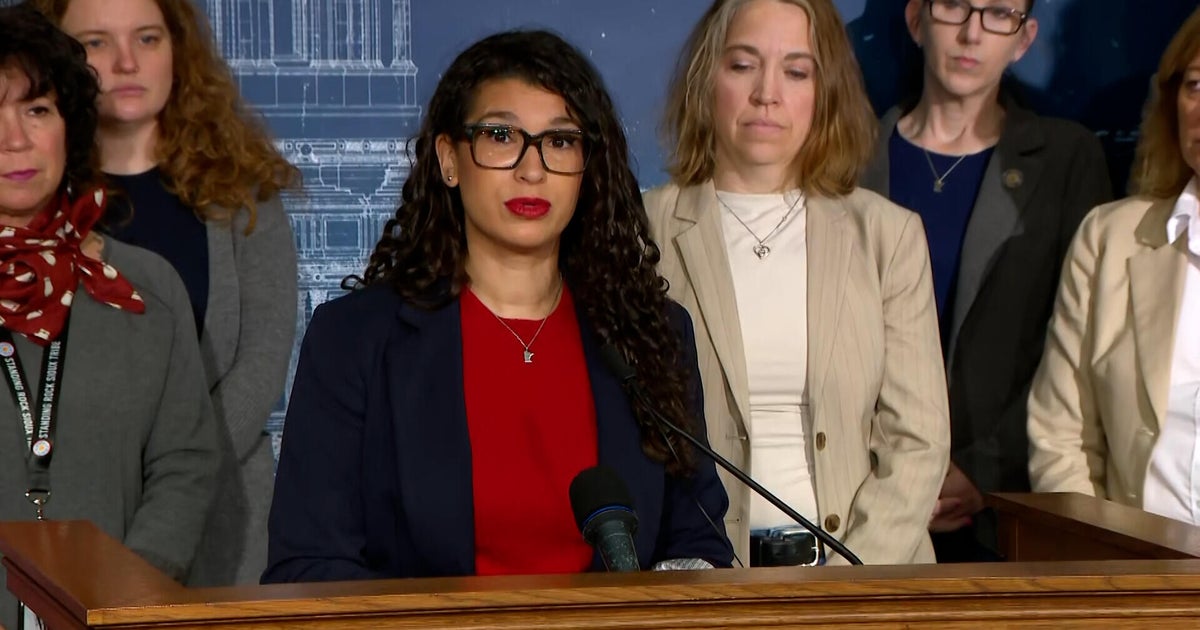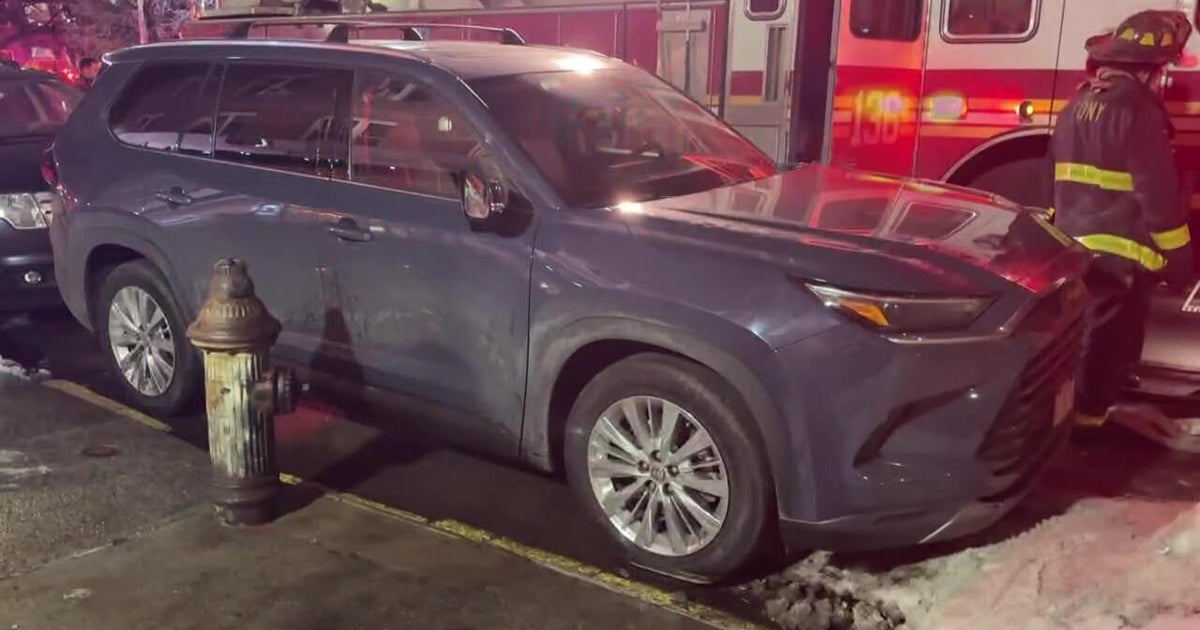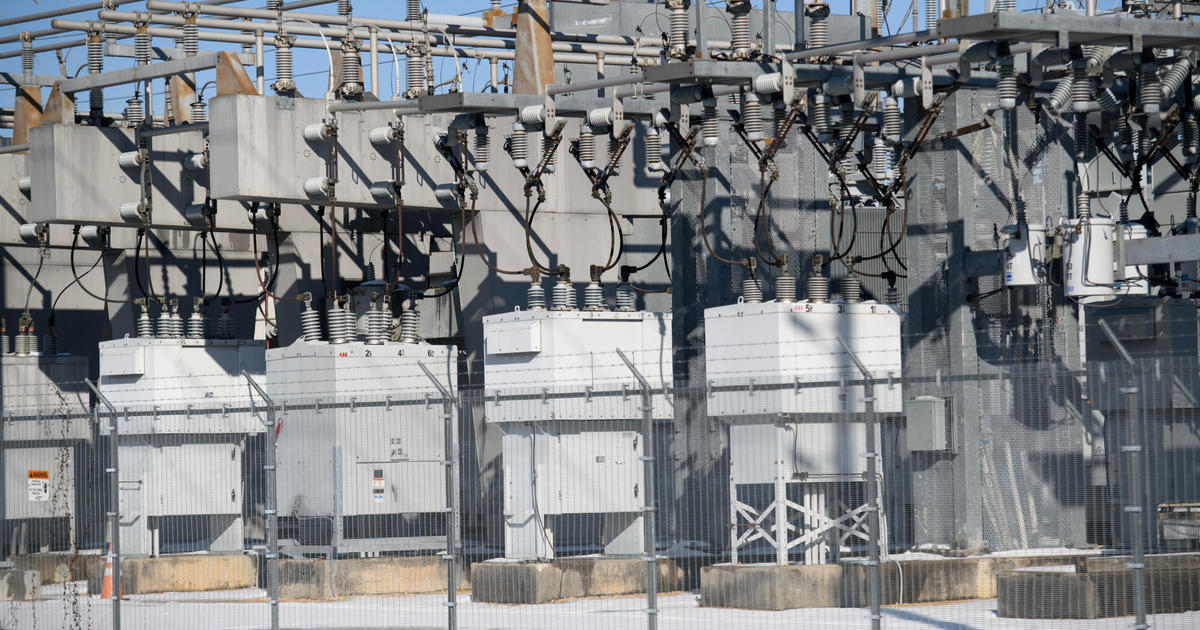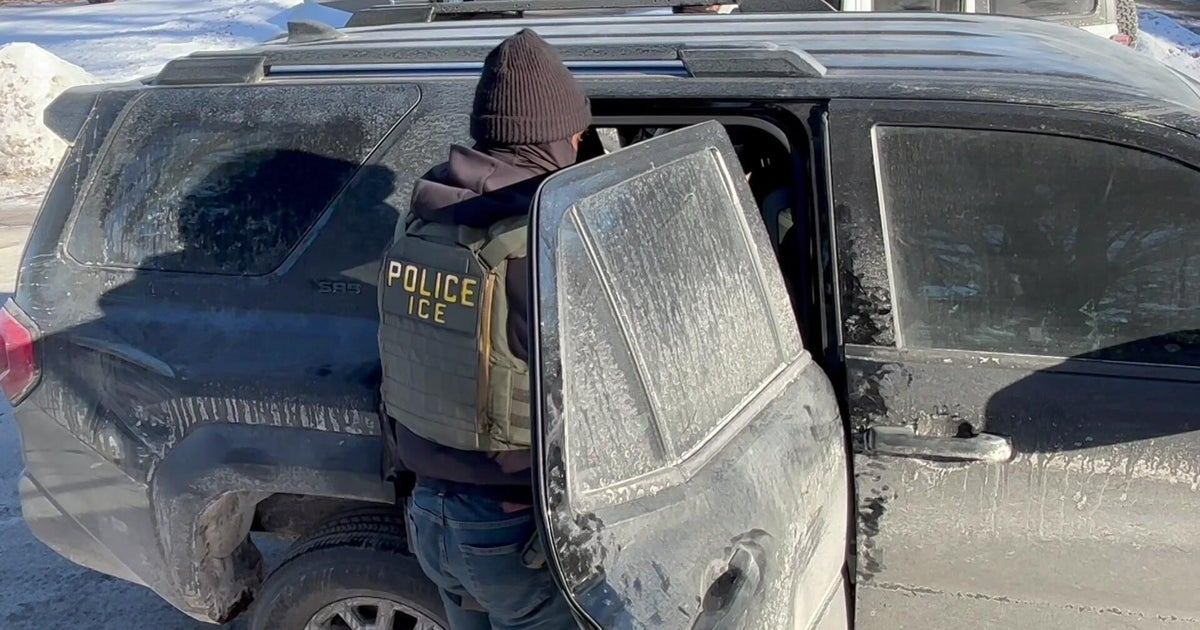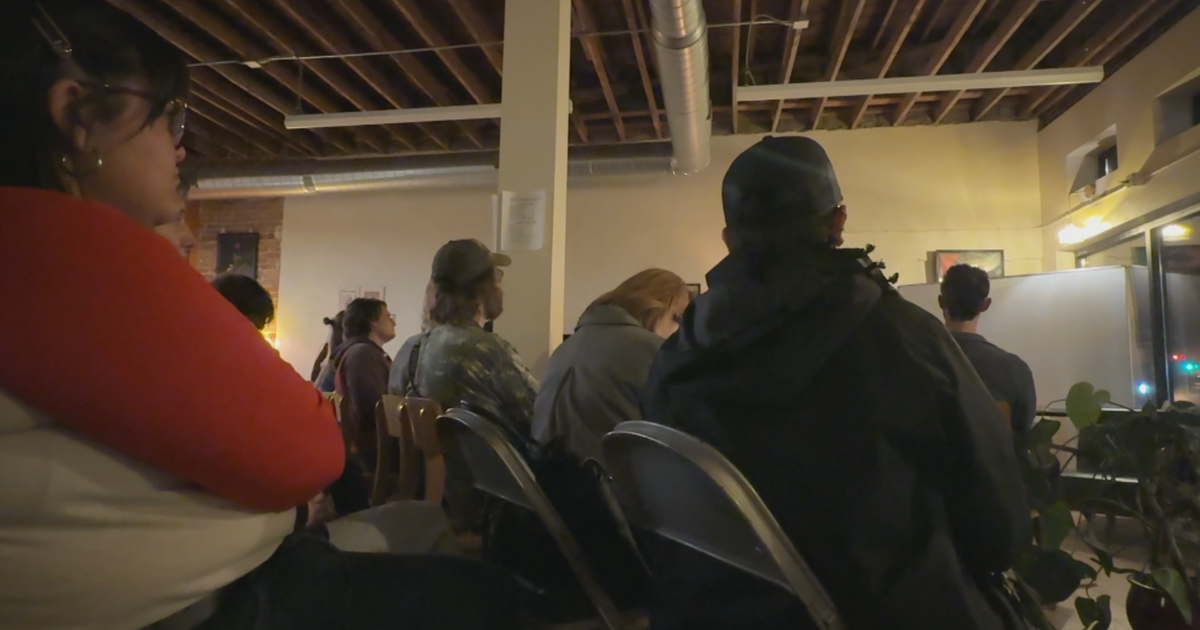Minn. Lottery's E-Tickets Unnerve Some Lawmakers
ST. PAUL, Minn. (AP) — State lawmakers expressed concern Wednesday with the Minnesota Lottery's gradual push into Internet and other electronic ticket sales, saying they were worried about how far the virtual gambling could go.
Lottery officials testified Wednesday before the House Commerce and Consumer Protection Committee about the broadening sales platforms. Director Ed Van Petten says customers will soon be able to purchase popular scratch-off tickets via the Internet. The Lottery also plans to expand sales of Powerball and Mega Millions tickets to more gas pumps and ATMs.
Van Petten said the lottery sees e-ticket offerings as a way to cater to younger players and expose more people to the games. He said evidence doesn't support concerns that brick-and-mortar retailers will see their sales suffer as more games are available online.
"An online presence creates brand awareness in our product," Van Petten said.
But Republican Rep. Greg Davids, of Preston, argued that the lottery was pushing too far too fast. He said more forms of gambling might only cause more problems tied to addiction, and he questioned whether the lottery had the authority to implement the games without explicit legislative approval.
"The way it looks to me is we have the lottery gone wild because they think they can do anything they want at any time they want," Davids said.
In response to questioning, Van Petten assured the panel that his agency won't follow other states and delve into casino-style games.
This week, Delaware's lottery will debut online slots, roulette and blackjack games. New Jersey is on the verge of doing likewise, although the games won't be operated by that state's lottery.
Van Petten expressed confidence that his agency was on sound footing. He said the electronic offerings merely match what customers can already buy in other forms. He added that there are safeguards in place to prevent problem gambling, such as limits on how much a person can wager each week electronically and ways for the lottery to track betting history. Its "subscription" lottery service has been around for more than two years already, Van Petten noted.
The lottery has operated in Minnesota for 23 years. It now generates more than $500 million per year in total revenue — about 60 percent of which goes back via prizes. In fiscal year 2012, $124 million went to various state programs. The state Constitution requires at least 40 percent of net proceeds be deposited in a natural resources trust fund.
The lottery's games are distinct from the paper and iPad-style pull tabs that allow gambling in bars and restaurants to help raise money for youth sports and other charitable interests. Al Lund, executive director of Allied Charities of Minnesota, said he thinks the lottery should have to get the Legislature's approval before expanding its offerings or that charities be allowed to compete equally.
"Internet gaming very well might be the largest expansion of gaming ever in Minnesota," Lund said.
(© Copyright 2013 The Associated Press. All Rights Reserved. This material may not be published, broadcast, rewritten or redistributed.)
